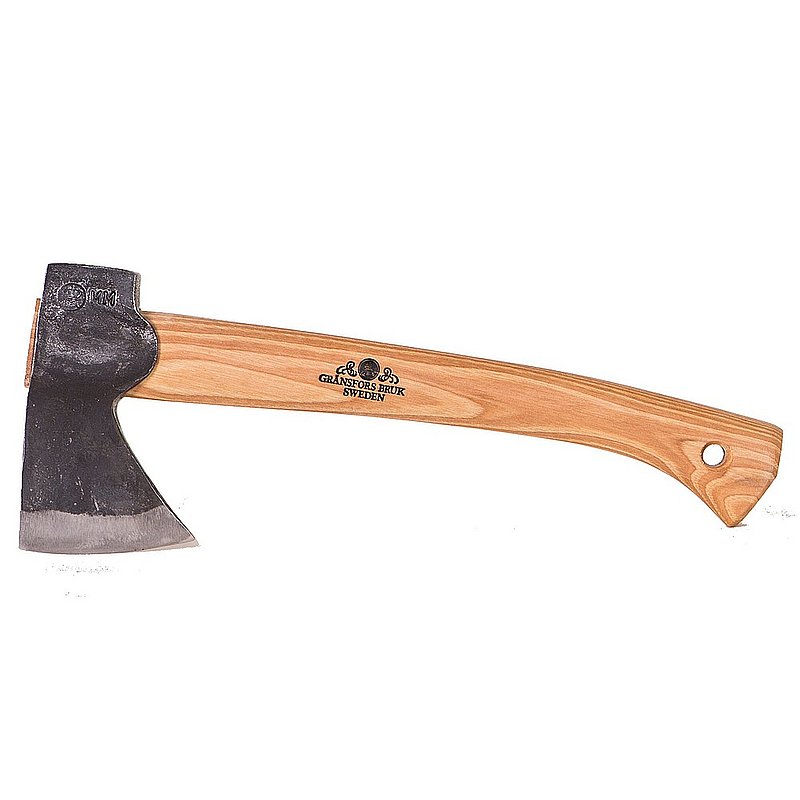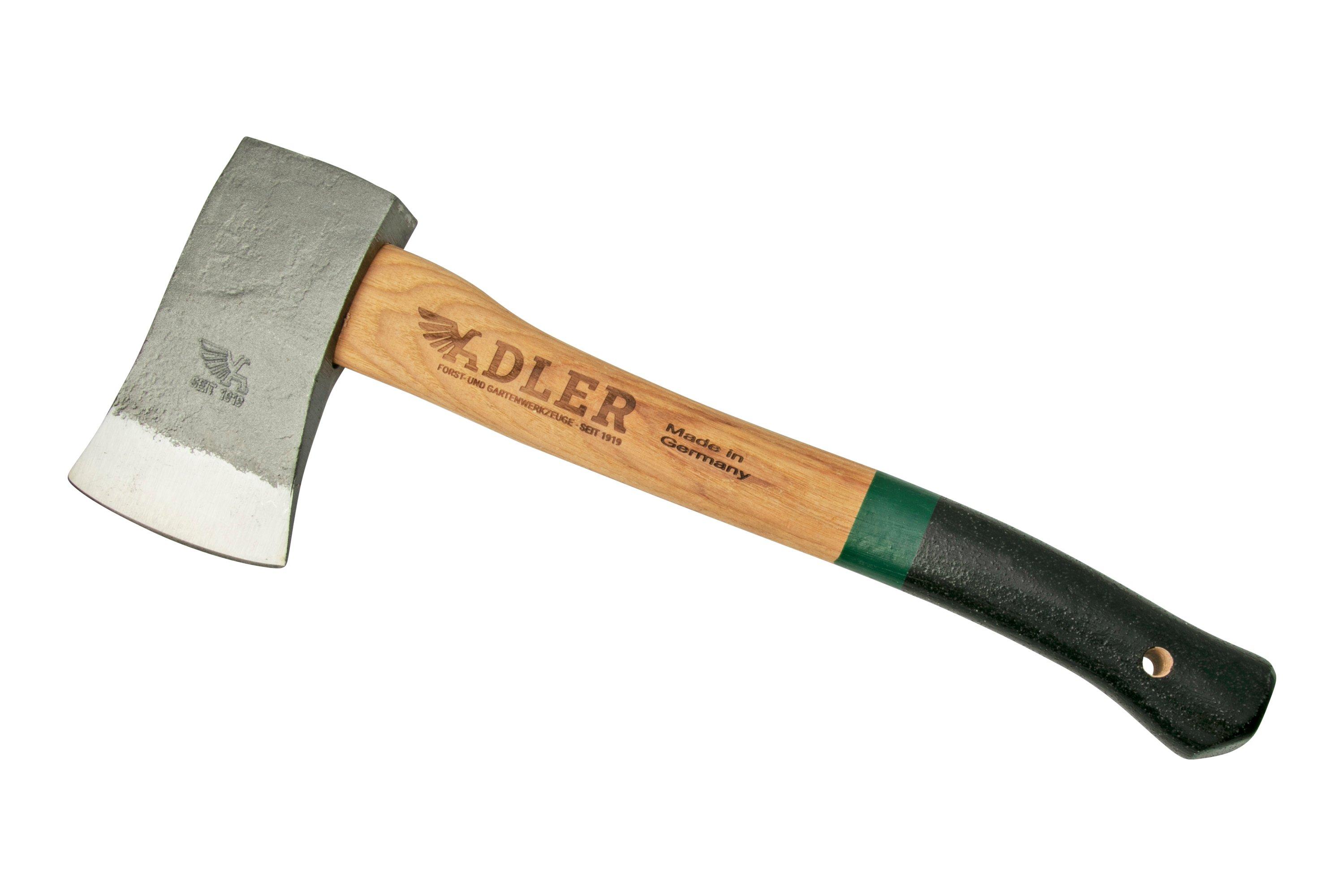Hatchet Face Crybaby - Understanding Public Labels
It's almost, in a way, fascinating how certain phrases take hold in our everyday talk, isn't it? Sometimes, a few simple words can paint a very vivid, yet often unfair, picture of someone. We're going to talk about one such expression that, well, it carries a lot of weight and can feel pretty sharp when directed at a person. This kind of language, you know, it gets tossed around in public spaces, and it really makes you think about how we see others and what we say about them.
Very often, when someone gets tagged with a phrase like "hatchet face crybaby," it speaks more about the person doing the labeling than the individual being described. It's a bit like, a shorthand way to dismiss someone's feelings or appearance, and it typically doesn't leave much room for a real, honest look at who they are. We're going to explore what these sorts of labels truly mean, not just for the people who hear them, but for all of us who are part of these public conversations.
So, it's about getting a better sense of the feelings involved when people are judged so harshly, and how, in some respects, anyone can find themselves on the receiving end of such cutting remarks. This discussion will, you know, shed some light on the strength it takes to face down these kinds of words and still stand tall, especially when the whole world seems to be watching.
Table of Contents
- What Does "Hatchet Face Crybaby" Even Mean?
- The Person Behind the "Hatchet Face Crybaby" Label
- How Do People Deal with "Crybaby" Criticisms?
- When Public Life Meets Private Pain - The "Hatchet Face" Aspect
- Can Perceptions of a "Crybaby" Ever Shift?
- Moving Beyond the "Hatchet Face" Stereotype
- Why Do Labels Like "Crybaby" Stick?
- Finding Strength After Being Called a "Hatchet Face"
What Does "Hatchet Face Crybaby" Even Mean?
When we hear a phrase like "hatchet face crybaby," it really makes us stop and think about the strong pictures it paints. It's a combination of words that, well, seems to aim right at someone's look and their feelings all at once. The "hatchet face" part, you know, it often suggests a sharp, perhaps unsmiling appearance, something that might seem severe or unapproachable. It's a pretty harsh way to describe someone's features, isn't it? Then, there's the "crybaby" part, which pretty much suggests someone who is overly emotional, quick to shed tears, or perhaps, in a way, someone who complains a lot. This kind of label can really cut deep, because it questions both how a person looks and how they handle their feelings.
It's interesting, though, how such a phrase can come to be used. Sometimes, it's just a quick, offhand remark, but other times, it's a very deliberate attempt to put someone down, to make them seem less than. It's a bit like, a way to shrink a whole person down to just two very negative ideas. People who use these sorts of labels are often trying to control a story, or perhaps, to express their own frustrations in a pretty unkind way. It's a reminder that words, you know, carry a lot of weight and can really shape how we see others, even if that view is not fair or complete.
The Weight of a "Hatchet Face" Description
A description that includes "hatchet face" can, in some respects, feel like a direct hit on a person's very being. It's not just about their looks; it's about the impression they give off, or the one someone wants to create about them. This kind of wording implies a certain hardness, a lack of warmth, which can be very, very difficult for someone to shake off. People often judge others by their outward appearance, and when a label like this gets attached, it can stick around for a very long time, shaping how new people perceive them even before they've had a chance to speak. It's a bit like, a shadow that follows them around, making it harder for their true self to shine through.
Moreover, the "hatchet face" idea can suggest a person who is, perhaps, always ready for an argument, or someone who is naturally unhappy. This, you know, isn't fair, as appearances can be very misleading. A person's natural facial structure, or even a moment of serious thought, could be misread as something much harsher. It's a reminder that our first impressions, while powerful, are not always the full story, and that it's important to look beyond the surface.
The Person Behind the "Hatchet Face Crybaby" Label
When someone is given a label like "hatchet face crybaby," it's easy to forget that there's a real person there, with real feelings and a whole life story. We often, you know, reduce people to simple descriptions, especially in public conversations, and this can be very damaging. It's like, taking a complex painting and just pointing out one tiny, perhaps unflattering, brushstroke. The individual behind such a label is, in some respects, just like anyone else – they experience joy, sadness, frustration, and all the things that make us human.
This label, apparently, strips away their individuality, replacing it with a caricature. It's a common thing in public life, where people are put into boxes that don't truly fit them. The person might be someone who is actually quite kind, or someone who is going through a tough time, or perhaps, someone who simply expresses their feelings openly. The "crybaby" part, you know, might just mean they're not afraid to show their emotions, which, in other settings, could be seen as a strength. It's a reminder that we should always try to see the whole person, not just the quick, easy judgment.
So, instead of seeing a "hatchet face crybaby," we should, perhaps, try to see a human being who is navigating their own path, facing their own challenges. They might be someone who has faced a lot of difficult situations, someone who is tired, or someone who simply has a different way of showing what they feel. It's about, you know, remembering that every person has a story that goes far beyond a few chosen words.
How Do People Deal with "Crybaby" Criticisms?
Being called a "crybaby" can, in a way, feel like a punch to the gut, especially if you're someone who is often open with your feelings. It's a criticism that aims to shame you for expressing emotions that are, after all, a very normal part of being human. People deal with these kinds of sharp words in many different ways. Some might try to ignore it, pretending the words don't sting, even when they really do. Others might get angry, feeling misunderstood and unfairly judged. And some, you know, might even start to believe the label themselves, which is a very sad outcome.
It's pretty common for people to try and hide their feelings after being called a "crybaby." They might put on a brave face, or try to seem tougher than they really feel, just to avoid more criticism. This, in some respects, isn't healthy, because bottling up feelings can lead to other problems down the line. It's a challenging situation, because you want to be true to yourself, but you also want to protect yourself from further harm.
Coping with the "Crybaby" Tag
Coping with the "crybaby" tag often involves a process of, you know, understanding that the label says more about the person using it than it does about you. One way to handle it is to remind yourself that showing emotion is not a weakness; it's a sign of being alive and connected to the world. It's like, giving yourself permission to feel what you feel, without shame. Another approach is to simply step away from the people or situations that use such harsh words. Sometimes, the best thing you can do for yourself is to create a bit of distance from negativity.
Also, finding people who truly support you and who appreciate your genuine self can make a very big difference. These are the people who will see your feelings as valid, not as something to be mocked. It's about building a strong inner core, a sense of self-worth that isn't shaken by unkind remarks. This process, you know, takes time and effort, but it's very much worth it for your own peace of mind.
When Public Life Meets Private Pain - The "Hatchet Face" Aspect
Public figures, or anyone who finds themselves in the spotlight, often face a very unique challenge: their private moments can quickly become public spectacles. This is where the "hatchet face" aspect, in a way, becomes even more poignant. When someone is already being judged for their appearance or perceived demeanor, any personal difficulty they face can be magnified by public scrutiny. It's like, every little thing they do or feel is put under a very powerful microscope for everyone to see and comment on.
There are moments when personal struggles, like feeling unwell, become widely known through news outlets, as was reported back in 2016 by several sources. These situations, you know, can be incredibly difficult for the person involved, as they're dealing with their own private pain while also being watched and talked about by countless others. The pressure to maintain a certain image, or to simply get through the day, becomes immense when your vulnerability is laid bare for the world.
So, it's pretty clear that when someone is already facing unkind labels about their appearance, adding personal challenges into the mix can make things feel nearly impossible. It's a reminder that behind every public story, there's a human being experiencing real life, with all its ups and downs, just like anyone else.
The Public Gaze on "Hatchet Face" Moments
The public gaze on moments that might be perceived as "hatchet face" or overly emotional can be very, very intense. When a person is already carrying a label about their looks or their tendency to show feelings, any sign of vulnerability, like feeling unwell, can be twisted or misunderstood. It's like, people are looking for proof to confirm their existing ideas about someone. This can lead to a cycle where the person feels even more pressure to hide their true self, which is pretty exhausting.
This constant observation, you know, means that even a natural expression of discomfort or a tired look can be interpreted as confirming a "hatchet face" idea. It's a heavy burden to carry, knowing that your every move might be misread or used against you. The ability to simply be yourself, to have a bad day without it becoming a headline, is something that many in the public eye rarely get to experience.
Can Perceptions of a "Crybaby" Ever Shift?
Once a person has been labeled a "crybaby," it can feel like that idea is stuck to them forever. But, you know, perceptions can actually change, though it often takes time and a lot of effort. It's about showing the world a different side of yourself, a side that doesn't fit neatly into that simple, unfair box. This might involve consistently demonstrating strength, or perhaps, showing a different range of emotions that go beyond what people expect. It's a bit like, slowly chipping away at a statue that someone else carved for you, revealing your true form underneath.
Sometimes, a significant life event or a period of growth can help shift how others see a person. When people witness someone handling tough situations with grace, or showing deep compassion, it can really challenge their old ideas. It's about giving people new information, new experiences of you, that contradict the old, limiting labels. This process, apparently, isn't always easy, but it is certainly possible for perceptions to evolve over time.
Changing the "Crybaby" Narrative
Changing the "crybaby" narrative involves, in some respects, taking back control of your own story. Instead of letting others define you by a single, negative trait, you can choose to highlight other aspects of your personality. This might mean speaking up about your experiences, or simply living your life in a way that shows your true character. It's like, writing your own script instead of letting someone else write it for you. This can be a very powerful act of self-definition.
Also, focusing on your strengths and what you bring to the world can help others see beyond the "crybaby" tag. If you are, say, a very empathetic person, or someone who is incredibly resilient, letting those qualities shine can naturally change how people view you. It's about, you know, presenting a full picture of who you are, rather than letting a single, unkind word be the only thing people remember about you.
Moving Beyond the "Hatchet Face" Stereotype
Moving beyond a "hatchet face" stereotype is, in a way, about refusing to let someone else's narrow view define your entire existence. It's a bit like, stepping out of a shadow that someone else cast. This means understanding that how you look, or how others perceive your expressions, is just one small part of who you are. It's important to remember that people's faces can look different for many reasons – genetics, age, or even just a moment of deep thought – and none of these things truly reflect a person's inner kindness or warmth.
This process often involves a lot of self-acceptance. It's about loving your own appearance, regardless of what unkind words might be thrown your way. When you feel good about yourself, it's much harder for negative comments to stick. It's a powerful act of self-love, you know, to simply decide that someone else's label doesn't get to control how you feel about yourself.
Reclaiming Your Story from the "Hatchet Face"
Reclaiming your story from the "hatchet face" label means, in some respects, actively shaping how you present yourself to the world. It's about letting your actions and your true personality speak louder than any harsh description. This might involve engaging with people in a way that shows your warmth, or perhaps, focusing on pursuits that bring you joy and allow your inner light to shine. It's like, painting a new picture of yourself, one brushstroke at a time.
You can also, you know, choose to address the stereotype directly, if that feels right for you. Sometimes, simply acknowledging the label and then dismissing it can take away its power.

Gransfors Bruks Wildlife Hatchet 415

Best Hatchets for Camping and Survival (Review & Buying Guide) in 2023

Adler Yankee Hatchet, green-black, hand axe | Advantageously shopping